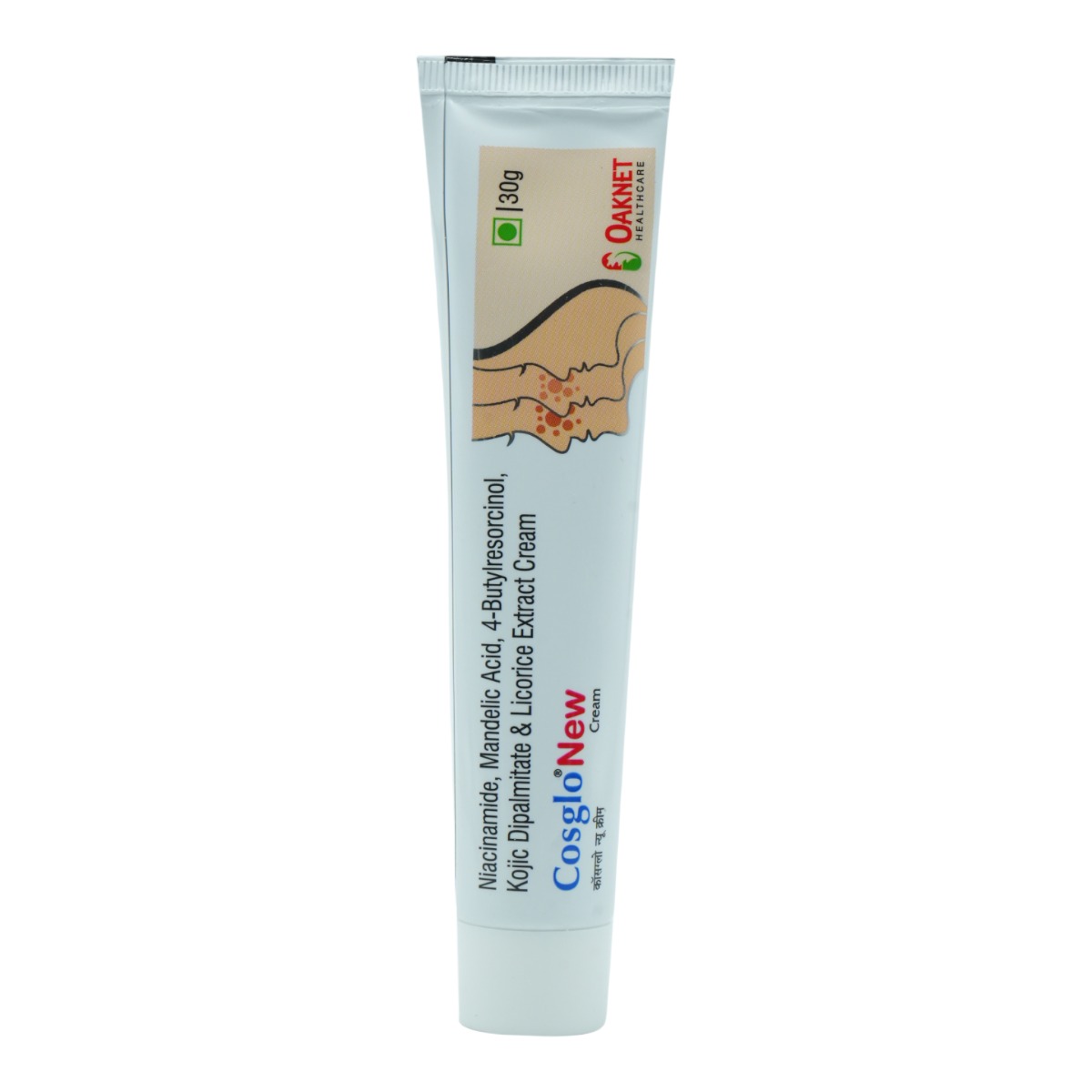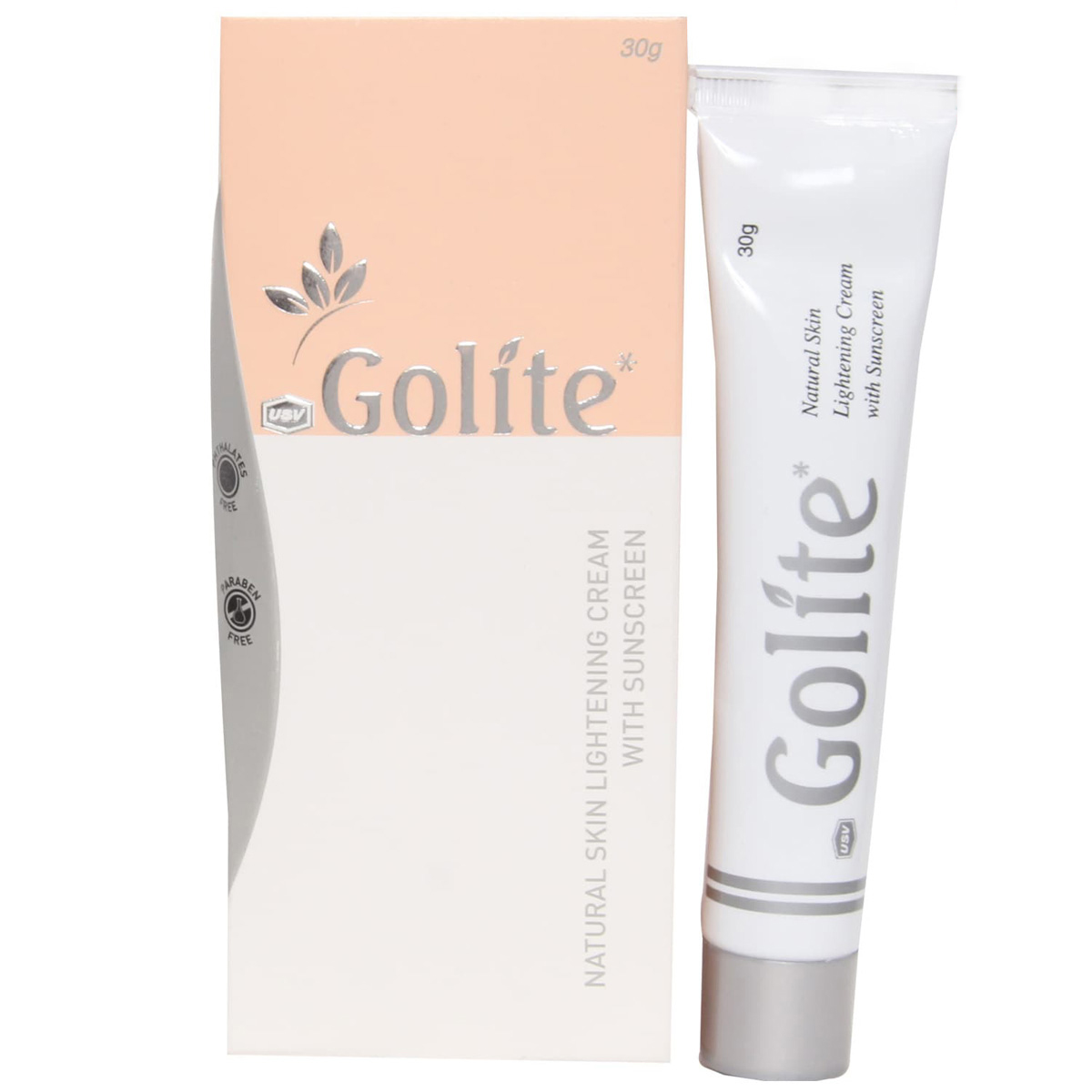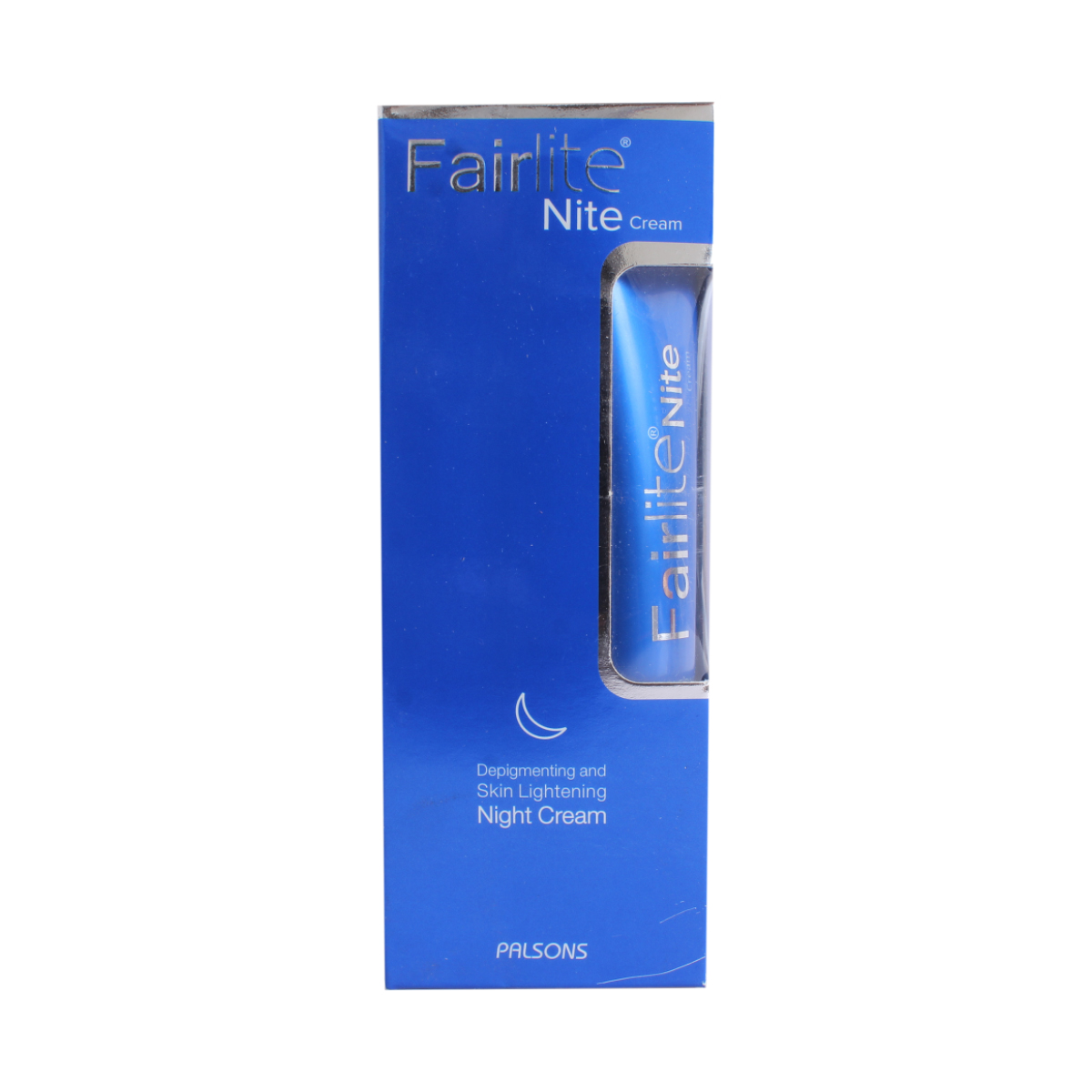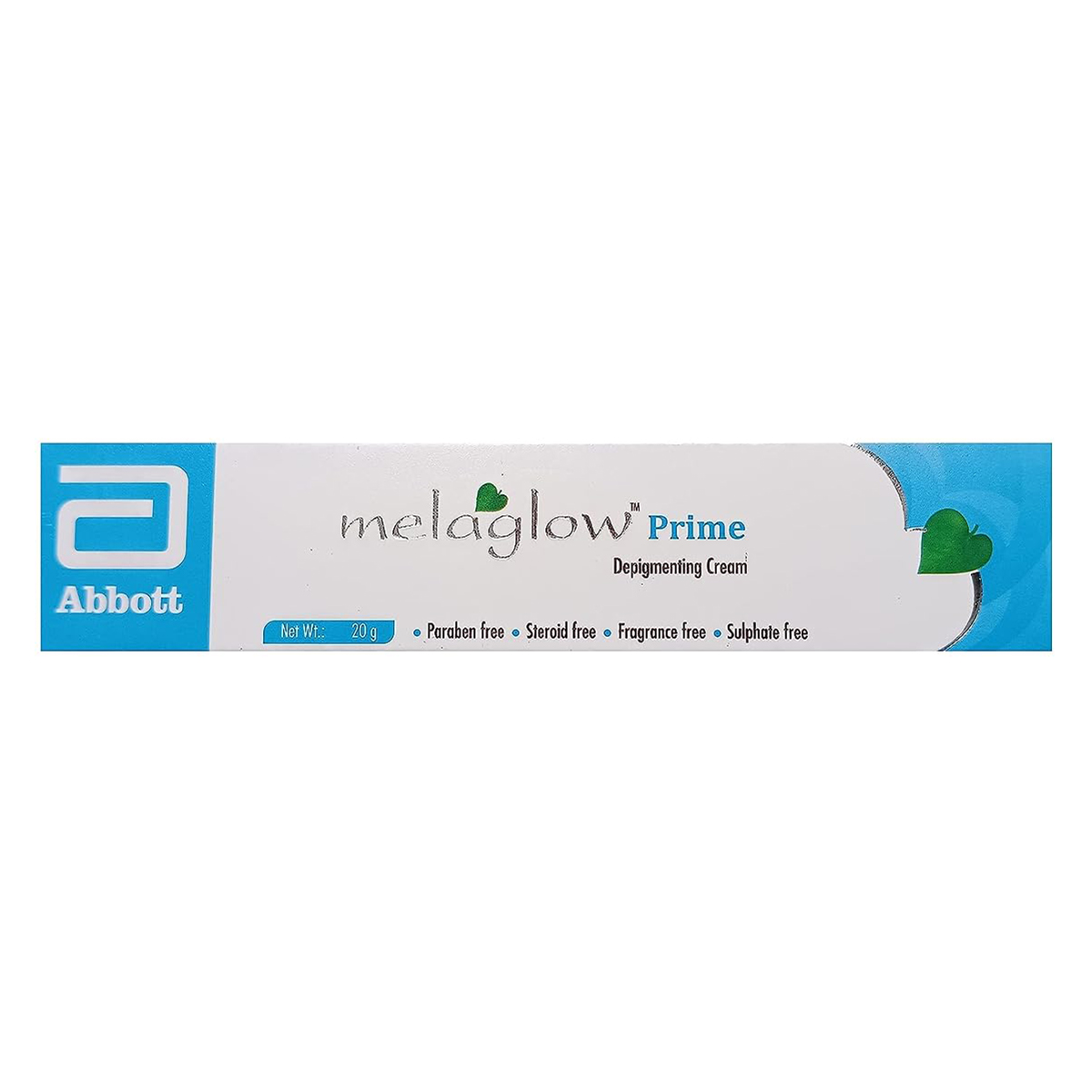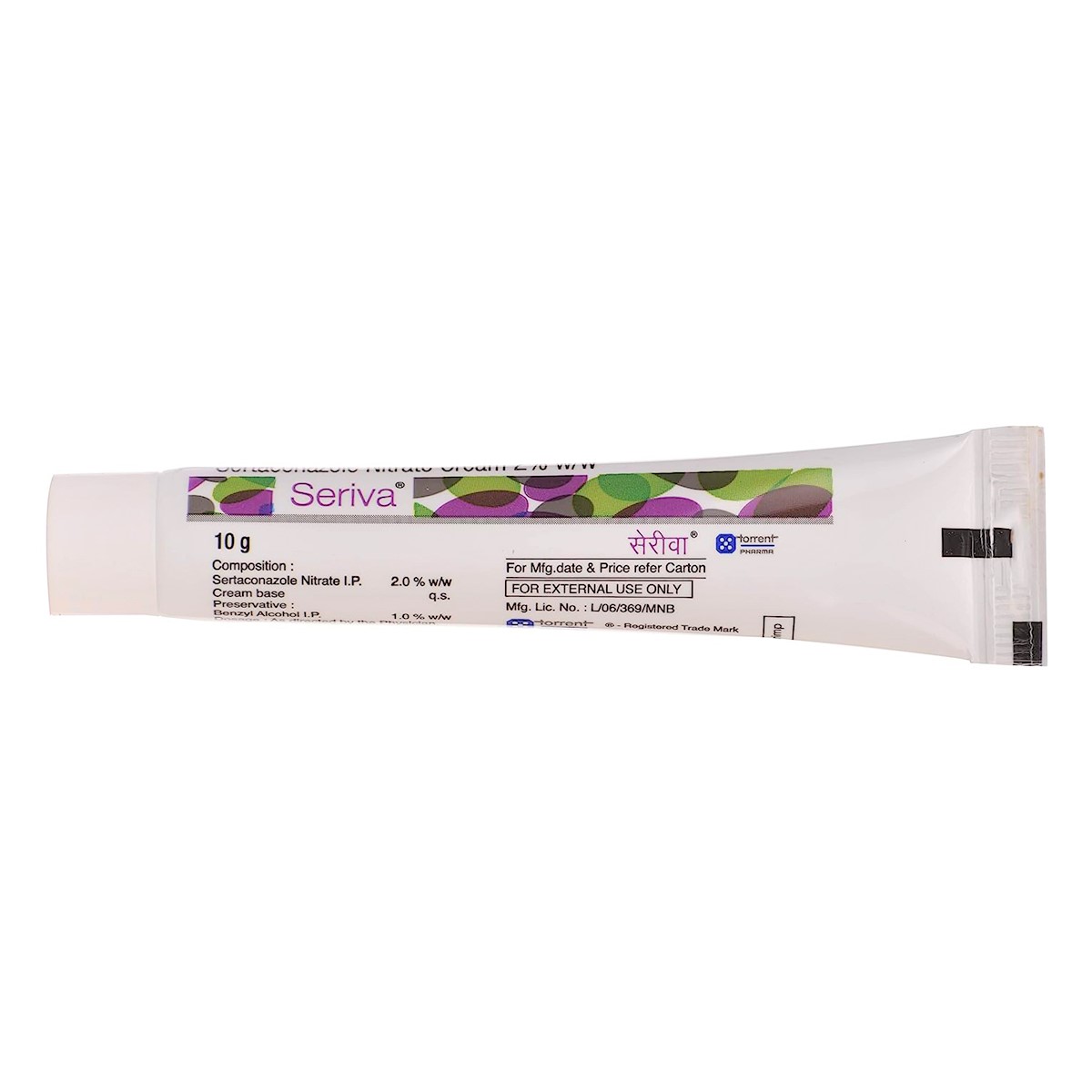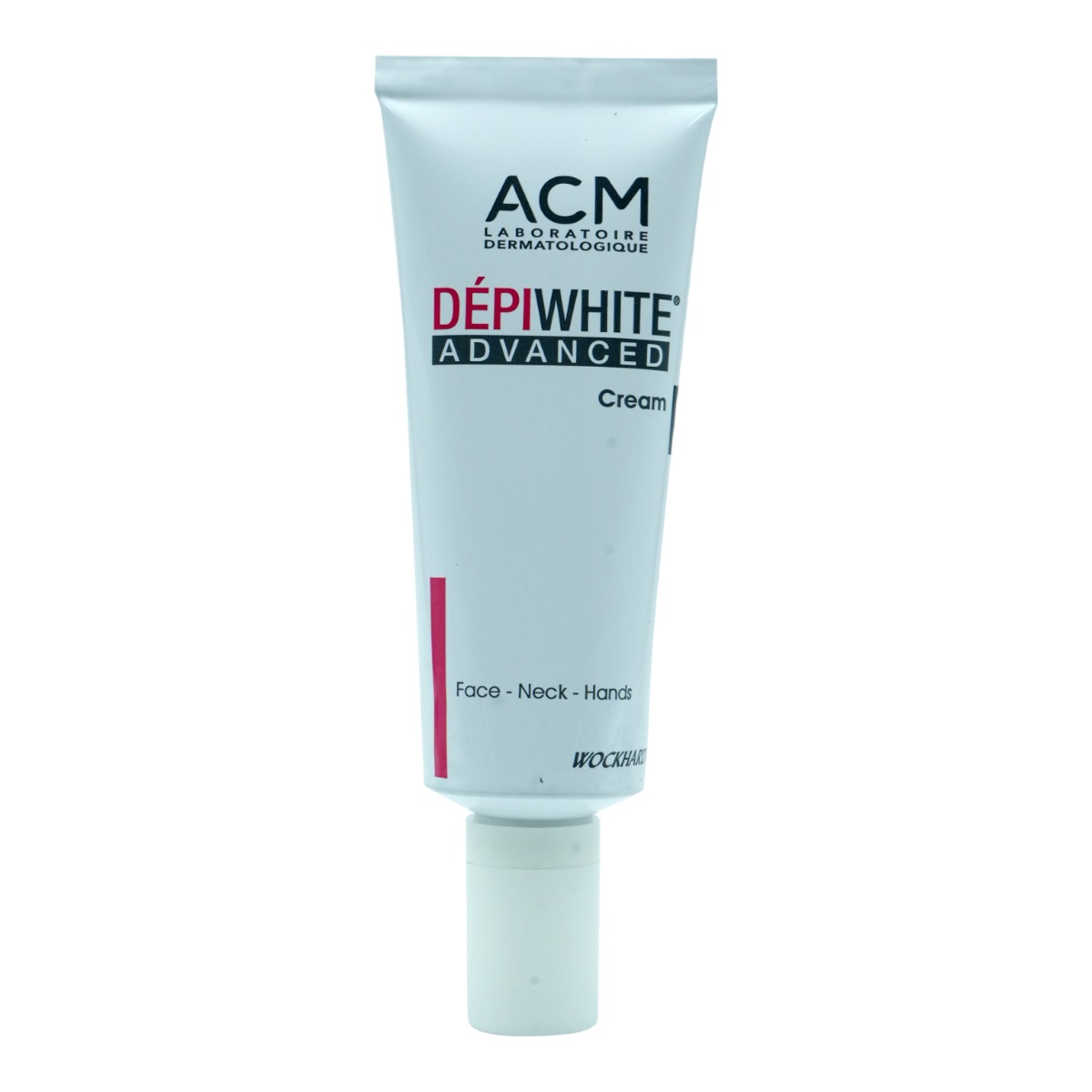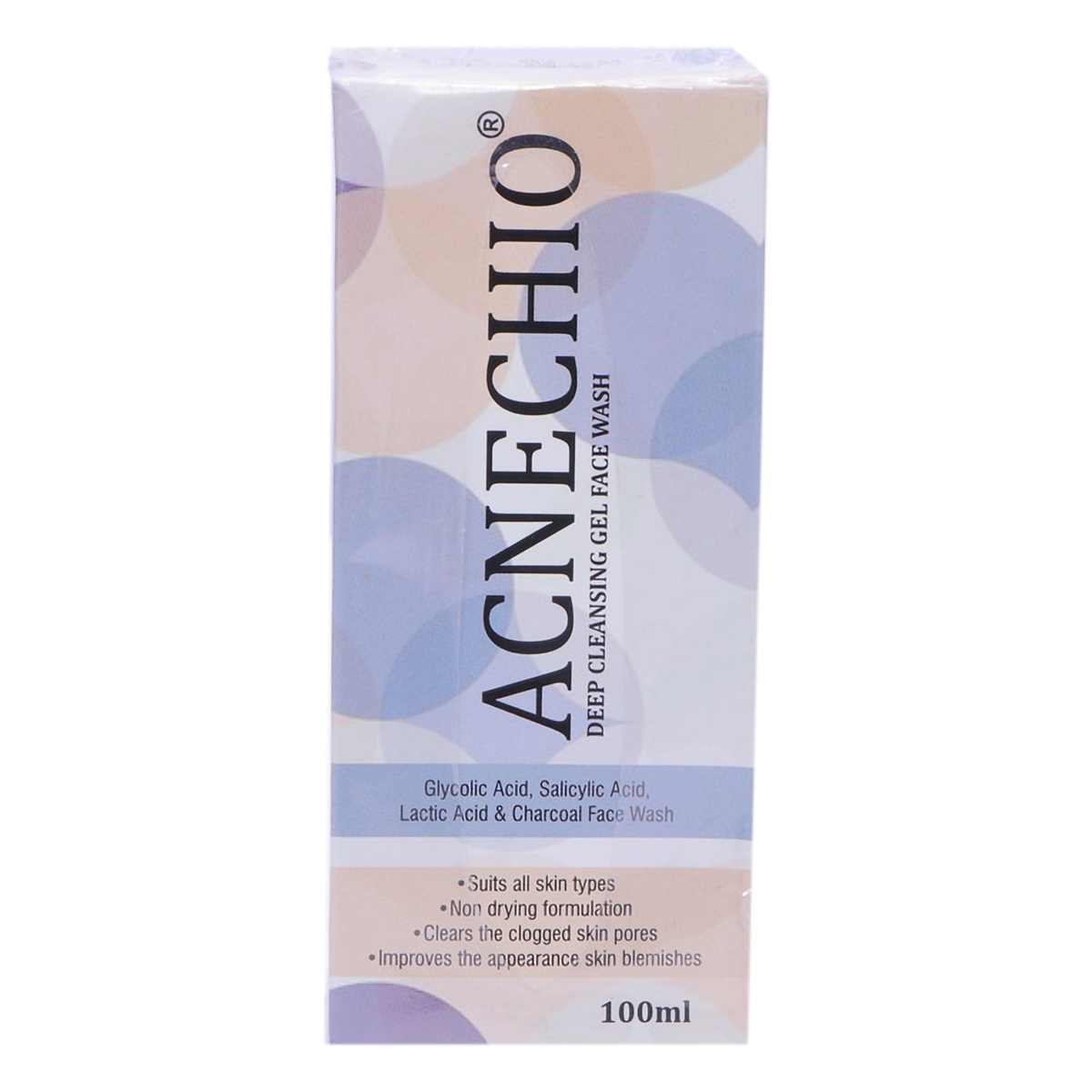Lumivoid Depigmenting Cream




MRP ₹954
(Inclusive of all Taxes)
₹28.6 Cashback (3%)
Selected Pack Size:30 gm
30 gm ₹954
(₹31.8 per gm)
In Stock
15 gm ₹612.9
(₹40.86 per gm)
In Stock
Available Offers
know your delivery time
Provide Delivery Location

Secure Payment

Trusted by 8 Crore Indians

Genuine Products
Manufacturer/Marketer :
Consume Type :
Expires on or after :
Return Policy :
Description
Lumivoid Depigmenting cream is a cosmetic product. It is a blend of scientifically validated ingredients that helps to brighten the skin, naturally reduce pigmentation issues, lighten the skin tone, and protect against sun damage. Ingredients in Lumivoid Depigmenting cream effectively inhibits tyrosinase activity, which causes skin hyperpigmentation by causing melanin synthesis and production. It also neutralises free radicals, which are a major contributor to hyperpigmentation. As a result, it helps to lighten the skin and reveal moist, nourished, and healthy skin.
Medicinal Benefits Mweb
Key Benefits
- Lumivoid Depigmenting cream has been demonstrated to lighten and depigment the skin. It helps to fade dark spots, resulting in a more even complexion and smoother skin texture.
- Lumivoid Depigmenting cream prevents loss of moisture, thereby retaining the skin's natural moisture.
- It is free of parabens and formaldehyde. It is suitable for all skin types and is equally suitable for men and women.
- It effectively safeguards the skin from UV rays.
All Substitutes & Brand Comparisons
FAQs
Lumivoid Depigmenting cream can be used as part of a daily skincare routine. After cleansing, apply a tiny amount of Lumivoid Depigmenting cream to the affected areas. When the discolouration returns to its original shade, you may stop using it.
Lumivoid Depigmenting cream prevents moisture loss, thereby retaining the skin's natural moisture.
Topical medications or dermatological procedures are the two therapy choices.It is essential to underline that topical treatments do not work immediately. Because achieving a noticeable improvement in skin tone takes time and consistent use.
Hyperpigmentation is a common, usually harmless condition in which patches of skin become darker in colour than the normal surrounding skin. Excess production of melanin causes hyperpigmentation.
Overexposure to the sun, injury or inflammation to the skin due to acne, eczema, and increased pigment production are the causes of hyperpigmentation.
Safety Information
- Read the label carefully before use or ask for advice from your healthcare professional or dermatologist.
- If you are allergic to any of the ingredients, avoid using the product. If you are not sure, check with a dermatologist.
- Other pigment-reducing or peeling treatments should not be used with Lumivoid Depigmenting cream.
- If you are pregnant or breastfeeding, please consult a healthcare professional before using Lumivoid Depigmenting cream.
- Lumivoid cream contains an alpha hydroxy acid (AHA), which can make your skin more sensitive to the sun, increasing the risk of sunburn. While using this product and for a week afterwards, use sunscreen, wear protective clothing, and limit sun exposure.
- Do not use if your skin is injured, cut, or bruised.
- Store in a cool and dry location.
- Keep the medicine out of reach of children and pets.
FAQ
Question: How to use Lumivoid Depigmenting cream?
Answer: Lumivoid Depigmenting cream can be used as part of a daily skincare routine. After cleansing, apply a tiny amount of Lumivoid Depigmenting cream to the affected areas. When the discolouration returns to its original shade, you may stop using it.
Question: Does Lumivoid Depigmenting cream have moisturising properties?
Answer: Lumivoid Depigmenting cream prevents moisture loss, thereby retaining the skin's natural moisture.
Question: What are the common treatment methods of hyperpigmentation?
Answer: Topical medications or dermatological procedures are the two therapy choices.
It is essential to underline that topical treatments do not work immediately. Because achieving a noticeable improvement in skin tone takes time and consistent use.
Question: What is hyperpigmentation?
Answer: Hyperpigmentation is a common, usually harmless condition in which patches of skin become darker in colour than the normal surrounding skin. Excess production of melanin causes hyperpigmentation.
Question: What are the common causes of hyperpigmentation?
Answer: Overexposure to the sun, injury or inflammation to the skin due to acne, eczema, and increased pigment production are the causes of hyperpigmentation.
Country of origin
Manufacturer/Marketer address
Alternatives shu
Similar Products
Disclaimer

Have a query?
Buy best Personal Care products by
FACE CARE
BODY CARE
SHAMPOOS
PERSONAL HYGIENE
TOOTH PASTE & POWDER
HAIR OILS
SEXUAL WELLNESS
SHAVING & HAIR REMOVAL
HAND & FEET CARE
BODY SPRAY & DEODORANTS
TOOTH BRUSH & ACCESSORIES
HAIR COLOURS
HAIR SERUMS
CONDITIONERS
LIP CARE
PERFUME & FRAGRANCES
BEAUTY & COSMETICS
PERFORMANCE ENHANCERS & ACCESSORIES
MOUTH WASH
INTIMATE CARE
HAIR WAX & GELS
HAIR LOTIONS & TONICS
HAIR MASKS
EYE CARE
ROLL ON & DEO STICS
MOUTH & BREATH FRESHNERS
TOOLS & ACCESSORIES
HAIR SPRAYS
BEARD CARE
MEDICATED ORAL CARE
ANTIPRURITIC & SOOTHING PREPARATIONS
Others
HIMALAYA
AYUR
NIVEA
COLGATE
LOREAL PARIS
DOVE
POND S
FIXDERMA
BIOTIQUE
GARNIER
VLCC
Gillette
LAKME
DR. ORGANIC
DETTOL
Dabur
APOLLO PHARMACY
WHISPER
MAMAEARTH
ORGANIC HARVEST
MANFORCE
KAMASUTRA
VASELINE
CETAPHIL
PARACHUTE
SKORE
LOTUS HERBALS
MCAFFEINE
SEBAMED
APOLLO LIFE
DUREX
NEUTROGENA
TRESEMME
MINIMALIST
SENSODYNE
URBANVEDA
BIODERMA
APOLLO ESSENTIALS
KHADI
PEARS
AVENE
MOODS
BOMBAY SHAVING COMPANY
PATANJALI
ORAL-B
LACTO CALAMINE
PEE SAFE
SKIN COTTAGE
Sirona
FRIENDS
HEAD & SHOULDERS
PARK AVENUE
NYKAA
PLUM
STAYFREE
KAI
OLAY
PEPSODENT
SKIN FX
ZM
DR. RASHEL
ENGAGE
EVERYUTH
GLOW & LOVELY
LIFEBUOY
SOFY
DERMADEW
WOW
YARDLEY
SET WET
THE DERMA CO
BAJAJ
BOROPLUS
COLORBAR
FOGG
PANTENE
PROWEE
VEET
CeraVe
MEDIMIX
RADICO
VICCO
AXE
BEARDO
MATZO
NUA
SIMPLE
SRI SRI TATTVA
HIMALAYAN ORGANICS
Indus Valley
LA SHIELD
LISTERINE
SUNSILK
THERMOSEAL
VCARE
ADIDAS
CLEAN & CLEAR
CLOSEUP
GOKUL
Hindustan Unilever Ltd
Procter & Gamble Hygiene And Health Care Ltd
Loreal India Pvt Ltd
The Himalaya Drug Company
Apollo Healthco Limited
Reckitt Benckiser India Ltd
Marico Ltd
Colgate-Palmolive (India) Ltd
Nivea India Pvt Ltd
Godrej Consumer Products Ltd
Johnson & Johnson Pvt Ltd
Fixderma India Pvt Ltd
Dabur India Ltd
Glenmark Pharmaceuticals Ltd
Honasa Consumer Pvt Ltd
Bio Veda Action Research Company
Emami Ltd
Vlcc Health Care Ltd
Abbott India Ltd
Mankind Pharma Pvt Ltd
Dr Organic Ltd
Felisha Cosmetics Pvt Ltd
TTK Healthcare Ltd
Galderma India Pvt Ltd
Piramal Enterprises Ltd
Syscom Organic World Pvt Ltd
Cavincare Pvt Ltd
Torrent Pharmaceuticals Ltd
Lotus Herbals Ltd
USV Pvt Ltd
Pep Technologies Pvt Ltd
Itc Ltd
Zydus Healthcare Ltd
Ajanta Pharma Ltd
Dr Reddy's Laboratories Ltd
Wipro Consumer Care
GlaxoSmithKline Consumer Healthcare Ltd
Unicharm India Pvt Ltd
Uprising Science Private Limited
Klm Laboratories Pvt Ltd
Hll Lifecare Ltd
Patanjali Ayurved Limited
Visage Lines Personal Care Pvt Ltd
West Coast Pharmaceuticals Pvt Ltd
White Square
Cipla Health Ltd
Manash Lifestyle Pvt Ltd
RAY IMPEX
Redcliffe Hygiene Pvt Ltd
Sirona Hygiene Pvt Ltd
Nobel Hygiene Pvt Ltd
Sunbeam Mercantile Ventures Pvt Ltd
A. Menarini India Pvt Ltd
Fsn E-Commerce Ventures Pvt Ltd
Palsons Derma Pvt Ltd
Pureplay Skin Sciences (India) Pvt Ltd
Sun Pharmaceutical Industries Ltd
Hegde & Hegde Pharmaceutica Llp
Kai Manufacturing India Pvt Ltd
Alkem Laboratories Ltd
Amwill Healthcare Pvt Ltd
Believe Cosmetics Pvt. Ltd.
Vini Cosmetics Pvt Ltd
Bioderma Laboratories
Icpa Health Products Ltd
Petrol Perfume
Bajaj Consumer Care Ltd
Body Cupid Pvt Ltd
Indoco Remedies Ltd
Ipca Laboratories Ltd
Ethicare Remedies Pvt Ltd
Apple Therapeutics Pvt Ltd
Colorbar Cosmetics Pvt. Ltd
Leeford Healthcare Ltd
Brinton Pharmaceuticals Ltd
Cholayil Pvt Ltd
Khadi Pure Garmodyog
Med Manor Organics Pvt Ltd
RADICO
Vicco Laboratories
Adonis Laboratories Pvt Ltd
Intas Pharmaceuticals Ltd
Kynx International Pvt Ltd
Mark Cosmed India Pvt Ltd
Sri Veda Sattva Pvt Ltd
INDUS COSMECEUTICALS PVT. LTD
Leeford Health Care Ltd
Naos Skincare India Pvt Ltd
Vlado Sky Enterprise Pvt Ltd
Zed Lifestyle Pvt Ltd
Gokul Cosmetics
Helios Lifestyle Pvt Ltd
Midascare Pharmaceuticals Pvt Ltd
Remember India Medicos Pvt Ltd
Riddhi Sidhi Enterprises
Zywie Ventures Pvt Ltd
Ayur Herbals
Baksons Drugs And Pharmaceuticals Pvt. Ltd
Ceuticoz
Chipper Consumer Pvt Ltd
Face Wash
Soap
Face Cream
Tooth Paste
Shampoo
Sun Screen
Body Lotion
Condoms
Body Wash
Face Serum
Sanitary Napkin
Moisturiser
Hair Oil
Face Gel
HERBAL HAIR OIL
Deodorant
HERBAL SHAMPOO
Tooth Brush
Hair Serum
FACE CLEANSER
ADULT DIAPER
MEDICATED SHAMPOO
Hair Color
Conditioner
Lip Balm
Hand Wash
Talcum Powder
Razor
Perfume
Sanitizer
Mouth Wash
Body Spray
Face Scrub
BODY CREAM
Massage Oil
Intimate Wash
Hair Removal Cream
Lubricant Gel
Sheet Mask
Essential Oil
CARTRIDGE
ANTISEPTIC
Period Panty
Face Pack
Face Mask
Foot Cream
Face Toner
Hair Mask
Hair Gel
Hair Lotion
Face Lotion
Hair Cream
Dusting Powder
Menstrual Cup
FACIAL WIPE
HERBAL HAIR COLOR
Panty Liner
Shaving Cream
Body Scrub
Eye Cream
Kajal
Rose Water
Micellar Water
Shaving Foam
Peel off mask
ROLL-ON
BODY GEL
Vibe Ring
Face Bleach
Facial Kit
HAIR SOLUTION
Body Butter
Hair Care Powder
After shave lotion
Cold Cream
ELECTRIC TOOTHBRUSH
FRAGRANCE MIST
Hair Spray
Lubricant Spray
MOUTH FRESHNER
Petroleum Jelly
Stretch Mark Cream
Tongue Cleaner
Eye Serum
Glycerin
BB Cream
Skin Lotion
TOOLS & ACCESSORIES
Tooth Powder
WAX STRIP
DENTAL FLOSS
Hand Cream
Tampon
Beard Oil
Eye Gel
HERBAL CONDITIONER
INTIMATE WIPE
Nail Polish Remover
Shaving Gel
Adult Nail Clipper
Customers Also Bought
Frequently Bought Together
₹461.4
MRP ₹513
10% off
1
+₹413.1
MRP ₹459
10% off
1
+₹539.1
MRP ₹599
10% off
1
+Similar Products
Alternatives shu





